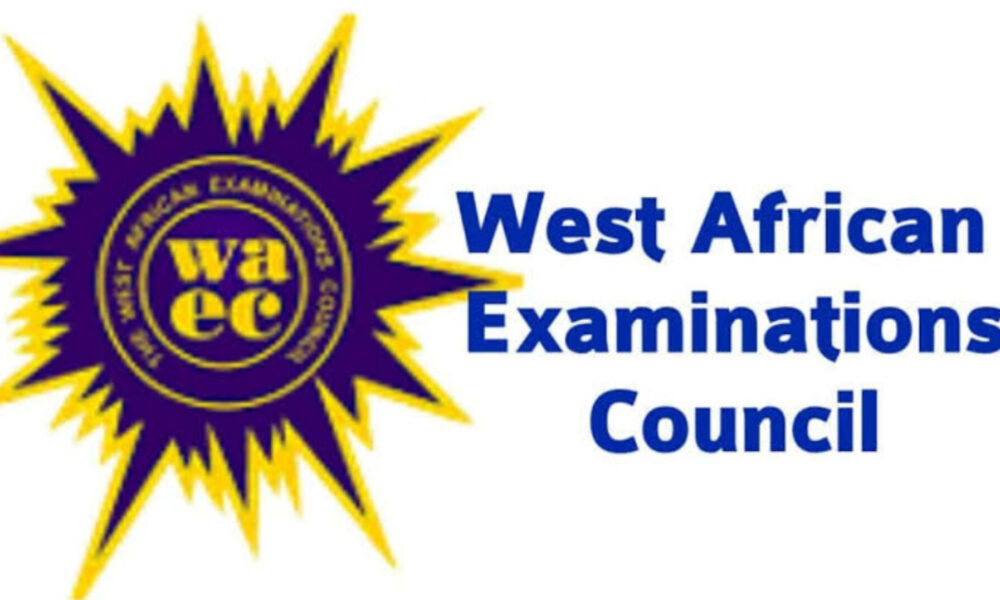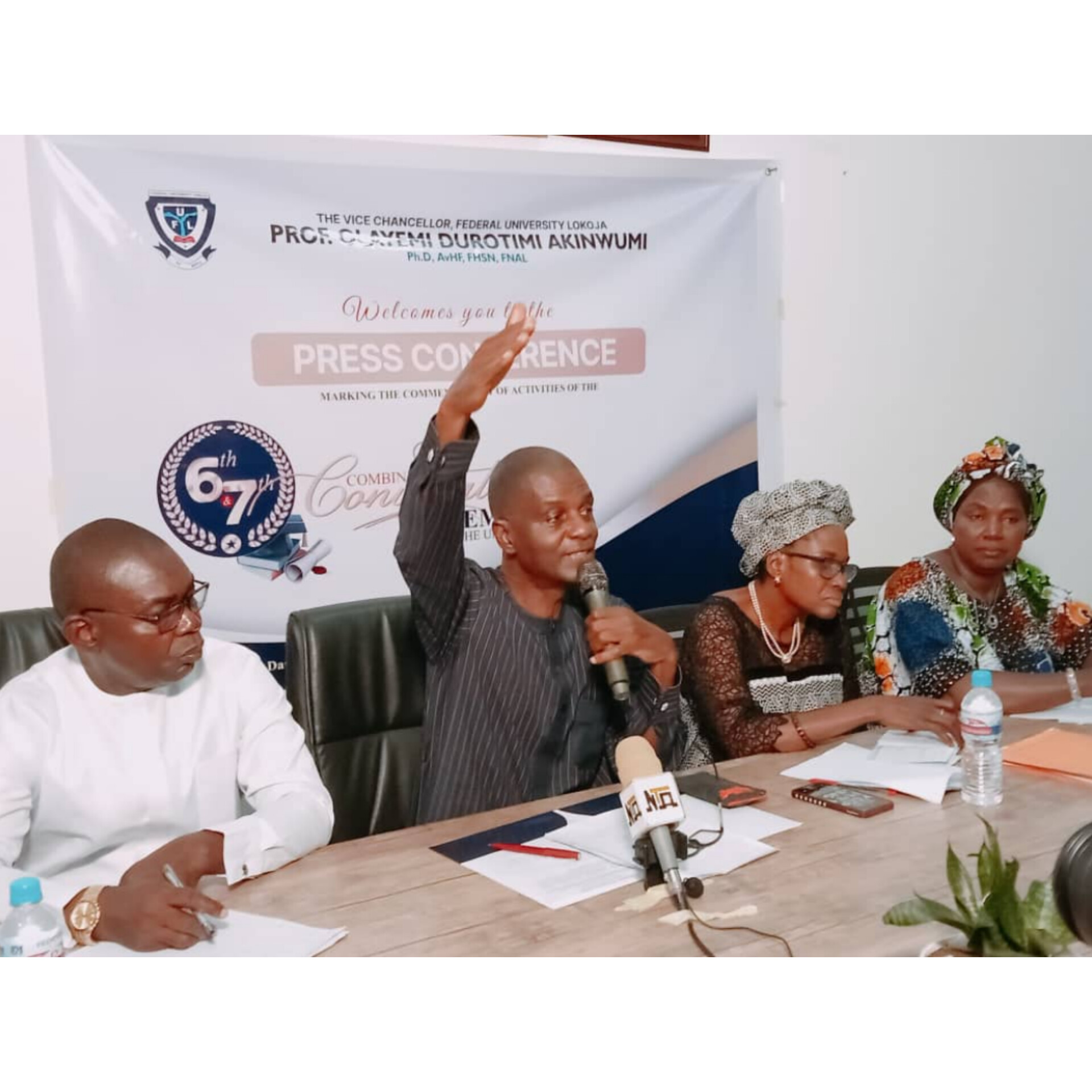The West African Examinations Council (WAEC) has released the results for the May/June 2024 West African Senior School Certificate Examination (WASSCE).
The message read, “The West African Examinations Council is pleased to inform candidates who sat WASSCE for school candidates, 2024 that the result has officially been released today, Monday, August 12, 2024.”
A total of 1,814,344 students from 22,229 secondary schools participated in this year’s examination.
WAEC’s Head of National Office, Amos Dangut, announced the results in a Monday post on X.
other instructions on how to Check The Results Via SMS And Website were alsp included in the message:
1. How to check WAEC results with SMS
1. Using your mobile device, Type WAEC*ExamNo*PIN*ExamYear
2. Send to 32327

3. You will receive a message instantly containing your WAEC statement of result.
Please note, only MTN, Glo & Airtel Subscribers can actually check their WAEC Results using this SMS method.
Note: If you did not receive your WAEC result via SMS, kindly repeat this step again.
SMS charges will be applied when checking your WASSCE result using text messages.
2. How To Check Via The Website
To check your WAEC Result, visit www.waecdirect.org and log in. Please note: you may need a WAEC scratch card to check. Follow the procedures below to check your WAEC result for 2024.
1. Login to WAEC Result Checker Website www.waecdirect.org.
2. Enter your Examination Number
3. Select Examination Type e.g May/June
4. Select Exams Year e.g 2024
5. Click on Check Result.


